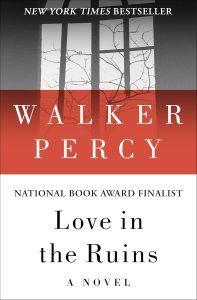 Summary: A groups of alcoholics is the subject of a reality TV show.
Summary: A groups of alcoholics is the subject of a reality TV show.
Eve Tushnet is a writer that I have been wanting to read more from. I have read a number of blog posts and articles by her. In addition to this novel, she has a memoir that I have been wanting to read for a while. Several authors that I ‘know’ have recommended the novel. And because it was recommended as funny, and only $3.99, I picked it up.
I am not sure that funny is how I would describe it. Alcoholism and recovery are not inherently funny subjects, at least to me. I did a college internship with a drug and alcohol rehab program (primarily focused on recently homeless.) While I only worked as a counselor for a few months with the internship, I volunteered there for years and lived on site in exchange for working as night security for a couple years before I was married in grad school.
Amends presents a fairly realistic view of addiction and recovery. The reality TV program is being put together by an addict herself. The ‘talent’ is chosen for diversity and interest. So there is a gay man, a teen hockey star, a homeless Christian African immigrant, well known playwright, a woman who identifies as a wolf, etc.
These are all brilliant characters. Their conversations are occasionally over the head of the TV audience. The reality TV angle, similar to Christopher Beha’s Arts and Entertainment and Beauty Queens by Libba Bray, both irritated me and provided some needed context to the novel. I really do not like most reality tv. The exploitive nature of it, especially with something like addiction, is acknowledged by the book but also still wrapped up in the novel.








